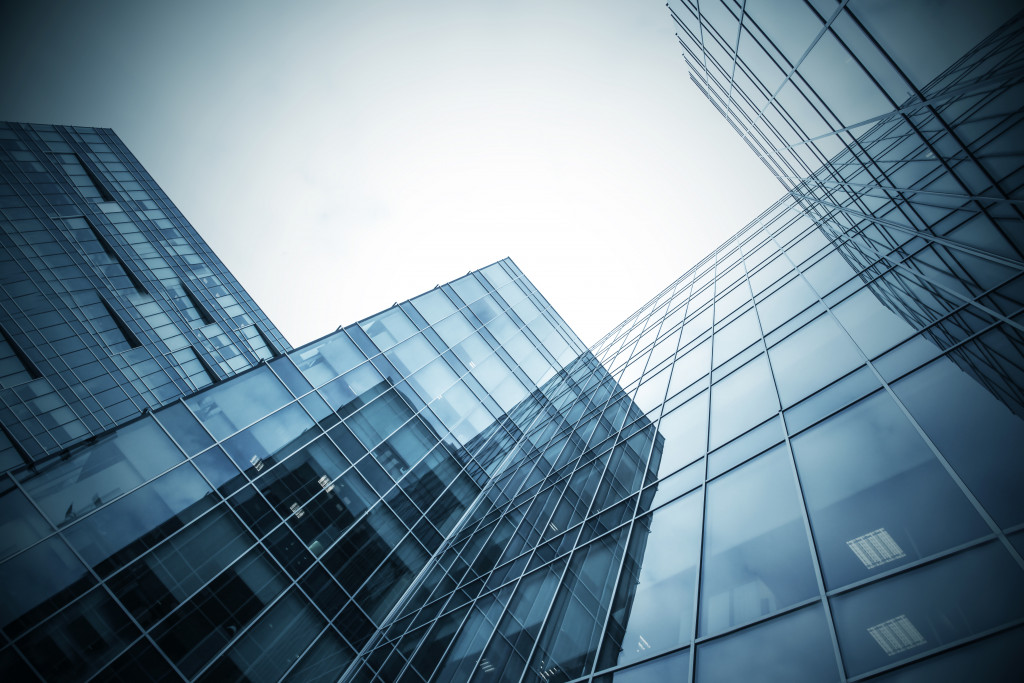- Have the building inspected to check for structural and electrical safety, fire hazards, environmental issues, and energy efficiency
- Review real estate papers with a lawyer before signing any contracts
- Research local surroundings, rental market, and financing options
- Consider a marketing strategy for attracting tenants
- Assess the tax implications of owning a commercial property.
Purchasing a commercial property can be an incredibly lucrative investment. Statistics show that commercial properties outperform residential properties in terms of rental yield, with some locations yielding as much as 8-10% annually on a long-term basis. This compares favorably to the average return from investing in stocks and shares, estimated at around 7% per annum over the last decade.
Additionally, compared to residential investments, the associated costs are typically lower with commercial purchases because they require less maintenance and repairs – making them ideal for investors who want to maximize their returns without too much hassle. Furthermore, commercial properties tend to appreciate over time more than residential properties, meaning that you will see higher returns on your investment if you choose to sell the property in the future. Investing in a commercial property can be an excellent way to generate income, grow wealth, and secure your financial future.
However, you might want to ensure your investment is worth it. Here are a few tips to help you with the process.
Have Building Inspected

Before signing any contracts or committing to the purchase, you must have an independent building inspection performed. This will help you identify any potential defects or structural issues with the property and check for hazardous materials such as asbestos and mold. Here are a few areas to prioritize when inspecting commercial property:
Structural Integrity
Before purchasing a commercial property, it’s essential to get a building inspector to check the structural integrity of the building from top to bottom. The inspector will be able to identify any issues with plumbing, roofing, walls, and foundations that could cost you money in repairs later down the line.
Electrical Safety
In addition to checking for any structural problems, a professional electrician should also check your electrical safety. Not only does this ensure that your property is safe and up-to-date with current regulations, but it can also save you money on energy bills in the long run.
Fire Hazards
Inspecting for fire hazards, such as faulty wiring or combustible materials, is also essential. A qualified inspector can identify any potential issues that could lead to a fire in the building and advise on how to rectify them.
Environmental Hazards
Finally, getting an environmental inspection before purchasing a commercial property is worth checking for any hazardous materials that previous tenants may have left behind. These can include asbestos, mold, and other dangerous substances that must be removed before anyone inhabits the premises.
The building’s energy efficiency must also be considered, as it will impact your energy bills in the long run. Getting a commercial EPC test will ensure the property is as efficient as possible and help you save money in the long run.
Review the Real Estate Papers

Before signing the deed of purchase, lease contracts, or other real estate papers, it is vital that you thoroughly review the documents to ensure they accurately reflect the agreement between you and the seller. A lawyer will be able to examine all of the paperwork and advise on any potential issues arising from committing to a commercial property purchase.
Hiring an experienced lawyer who specializes in real estate will be critical for ensuring your rights are safeguarded in case of disputes or changes down the line. They should also advise you on any legal nuances associated with owning a commercial property, such as zoning laws and tax obligations on rental income. This assistance can help to save you time, money, and stress in the future – so it’s well worth seeking a qualified lawyer to help you with the process.
Do Your Research
It’s essential to understand the local surroundings before committing to purchase. Does the property benefit from good transport links and access to amenities? Is there potential for future development in the area that could raise your investment value? You should research these questions thoroughly before taking the plunge on a commercial property purchase. Additionally, analyzing the local rental market can help you determine if this is an area where people will want to rent – and at what price – so you know how much income your property could generate each month.
Attracting commercial real estate tenants requires a certain level of marketing and advertising. So, it’s essential to consider how you will advertise the property – whether through traditional methods such as newspapers or online.
Assess Your Financing Options
Before signing any contracts, you should also understand your financing options. It is worth speaking to various lenders to get the best mortgage and loan rates. Additionally, understanding the tax implications associated with owning a commercial property can help you make an informed decision regarding the purchase.
Final Thoughts
Although investing in a commercial property can be incredibly lucrative, it is crucial to take the time to properly assess any potential purchase before committing. Doing so will help you maximize your return on investment and secure your financial future.





